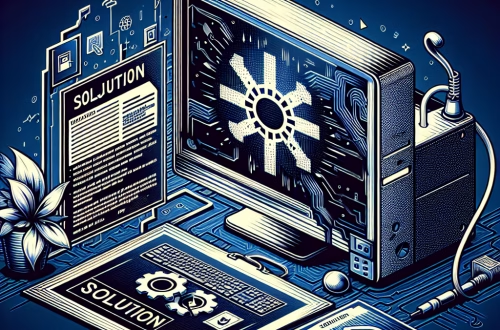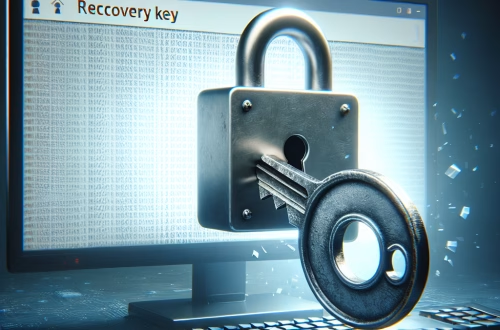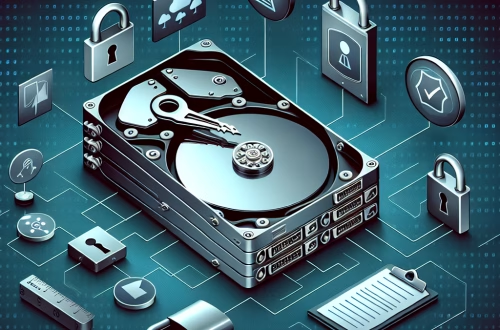BitLocker Gaming Performance Explained
BitLocker gaming performance refers to the impact of BitLocker Drive Encryption on the speed and responsiveness of gaming applications and system resources. BitLocker, a full-disk encryption feature in Windows, secures data by encrypting entire drives. While encryption ensures data security, it can introduce minor performance overhead, particularly during read/write operations. This overhead is generally negligible for modern systems with hardware-based encryption support, such as TPM (Trusted Platform Module) and AES-NI (Advanced Encryption Standard New Instructions). However, in some cases, users may experience latency or reduced performance during gaming, especially if the system lacks hardware acceleration or if BitLocker is configured improperly.
What This Means for You
- Immediate Impact: If BitLocker is not optimized, you may notice slight delays in game loading times, frame rate drops, or increased system resource usage during gameplay.
- Data Accessibility & Security: While BitLocker ensures your data remains secure, improper configuration can lead to performance bottlenecks. Ensure your system supports hardware encryption features like TPM and AES-NI to minimize overhead.
- System Functionality & Recovery: If BitLocker-related performance issues persist, you may need to troubleshoot encryption settings or update system drivers to restore optimal gaming performance.
- Future Outlook & Prevention Warning: Regularly update your system and ensure BitLocker is configured to leverage hardware encryption to avoid long-term performance degradation.
BitLocker Gaming Performance Solutions
Solution 1: Verify Hardware Encryption Support
Ensure your system supports hardware-based encryption features like TPM and AES-NI. To check for TPM support:
- Open the TPM Management Console by typing
tpm.mscin the Run dialog (Win + R). - Verify that the TPM is present and enabled. If not, enable it in the BIOS/UEFI settings.
- To check for AES-NI support, use a tool like CPU-Z or consult your processor’s specifications.
Solution 2: Optimize BitLocker Settings
Configure BitLocker to use hardware encryption for better performance:
- Open Command Prompt as Administrator.
- Run the command
manage-bde -on C: -usedspaceonlyto enable encryption only on used space, reducing initial encryption time. - Ensure hardware encryption is enabled by running
manage-bde -statusand verifying the “Encryption Method” field.
Solution 3: Update System Drivers and Firmware
Outdated drivers or firmware can hinder BitLocker’s performance. Update your system components:
- Visit your motherboard or system manufacturer’s website to download the latest BIOS/UEFI firmware.
- Update your storage drivers, especially for SSDs, to ensure compatibility with BitLocker.
- Use Windows Update to install the latest system and security patches.
Solution 4: Monitor System Performance
Use performance monitoring tools to identify bottlenecks:
- Open Task Manager (
Ctrl + Shift + Esc) and check for high disk or CPU usage during gaming. - Use Resource Monitor (
resmon) to analyze disk activity and identify processes causing delays. - If BitLocker is causing excessive overhead, consider upgrading to a faster SSD or increasing system RAM.
Solution 5: Disable BitLocker Temporarily (If Necessary)
If performance issues persist, temporarily disable BitLocker for testing:
- Open Command Prompt as Administrator.
- Run the command
manage-bde -off C:to disable encryption on the C: drive. - Monitor gaming performance and re-enable BitLocker once the issue is resolved.
Related Topics
- TPM and BitLocker compatibility
- Optimizing SSD performance with BitLocker
- Managing BitLocker encryption methods
Other Resources
For more information, refer to the official Microsoft documentation on BitLocker and hardware encryption.
How to Protect Against BitLocker Gaming Performance Issues
- Ensure your system supports TPM and AES-NI for hardware encryption.
- Regularly update your BIOS/UEFI firmware and system drivers.
- Configure BitLocker to use hardware encryption and encrypt only used space.
- Monitor system performance using tools like Task Manager and Resource Monitor.
- Consider upgrading to faster storage or additional RAM if performance issues persist.
Related Key Terms
- BitLocker performance overhead
- TPM and BitLocker compatibility
- Hardware encryption for BitLocker
- BitLocker SSD performance
- manage-bde command prompt
- BitLocker encryption methods
- Windows 10 BitLocker optimization
*Featured image sourced by Pixabay.com





